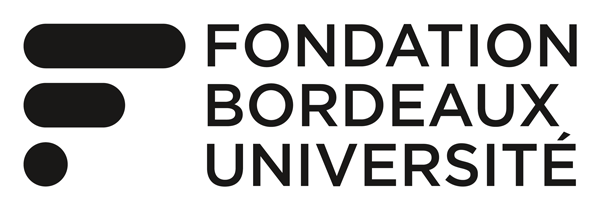Abstract
BACKGROUND:
Left hemicolectomy, sigmoid, and rectal resections are commonly performed colorectal operations. There is significant variability in the techniques utilised to undertake these operationsat patient, surgeon and unit level.
AIM:
To explore differences in patients, techniques and outcomes across an international cohort to identify areas of practice variability resulting in apparent differences in outcome warranting further study.
ENDPOINTS:
A three-stage data collection strategy collecting patient demographics, operative details and outcome markers. Several outcomes measures will be used including mortality, surgical morbidity (including anastomotic leak) and length of hospital stay.
METHODS:
A two-month prospective audit to be performed across Europe in early 2017, co-ordinated by the European Society of Coloproctology. The main audit will be preceded by a one-week, five centre pilot. Sites will be asked to pre-register for the audit and obtain appropriate regional or national approvals. During the study period all eligible operations will be recorded contemporaneously and followed-up through to 30 days. The audit will be performed using a standardised pre-determined protocol and a secure online database. In the first ESCP conducted audit in 2015, 38 countries registered 3208 patients undergoing right hemi-colectomy, while in the second audit 2441 patients undergoing stoma closure were recruited from 48 countries. It is expected that equivalent numbers will be obtained in this audit. The report of this audit will be prepared in accordance with guidelines set by the STROBE (strengthening the reporting of observational studies in epidemiology) statement for observational studies.
DISCUSSION:
This multicentre, pan-European audit will be delivered by colorectal surgeons and trainees in an organised and homogenous manner. The data obtained about areas of variability in provision or practice, and how this may impact upon outcomes, will serve to improve overall patient care as well as being hypothesis generating and inform areas needing future prospective study.
